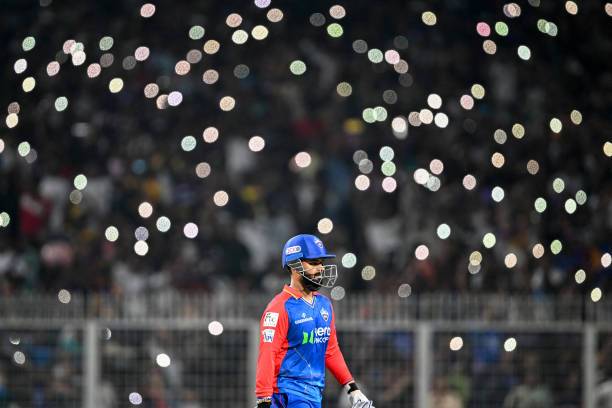Sustainable Water Management Strategies for IPL Stadiums: 11xplay reddy login password, 24 betting login india sign up, Skyinplay.com login
11xplay reddy login password, 24 betting login india sign up, skyinplay.com login: Sustainable Water Management Strategies for IPL Stadiums
Hey there sports fans! As we gear up for another exciting season of the IPL, it’s important to consider the impact that such large-scale events can have on the environment, particularly when it comes to water usage. With thousands of fans flocking to stadiums across the country, it’s crucial that we implement sustainable water management strategies to ensure that we’re not depleting valuable resources. In this article, we’ll explore some innovative ways that IPL stadiums can reduce their water footprint while still providing an amazing experience for fans.
1. Rainwater Harvesting
One of the simplest and most effective ways to reduce water usage in stadiums is through rainwater harvesting. By installing a system to collect rainwater from the stadium roof, grounds, and even parking lots, stadiums can drastically reduce their reliance on municipal water sources. This water can then be used for irrigation, cleaning, and even for flushing toilets.
2. Water Recycling
Another key strategy for sustainable water management in IPL stadiums is water recycling. By treating and reusing wastewater from sinks, showers, and toilets, stadiums can significantly reduce their overall water consumption. This not only conserves water but also reduces the amount of wastewater that needs to be treated and discharged back into the environment.
3. Efficient Irrigation Systems
Maintaining lush green playing fields is a top priority for IPL stadiums, but this often requires large amounts of water. By implementing efficient irrigation systems, such as drip irrigation or smart watering technologies, stadiums can ensure that water is being used only where and when it is needed. This not only conserves water but also helps to prevent overwatering and water wastage.
4. Low-Flow Fixtures
In addition to implementing water-saving technologies on the field, stadiums can also focus on reducing water usage in their facilities. By installing low-flow fixtures in bathrooms, kitchens, and concession stands, stadiums can cut down on water waste without sacrificing fan comfort and convenience.
5. Education and Outreach
Lastly, educating fans, staff, and players about the importance of water conservation is crucial for sustainable water management in IPL stadiums. By raising awareness about water-saving practices and initiatives, stadiums can inspire everyone to do their part in preserving this precious resource.
6. Partnerships with Local Water Authorities
FAQs
Q: How much water does an average IPL stadium use during a match?
A: The water usage of an IPL stadium during a match can vary depending on the size of the stadium and the number of fans in attendance. On average, a stadium can use thousands of gallons of water for irrigation, cleaning, and other purposes during a single match.
Q: Are there any IPL stadiums that have already implemented sustainable water management strategies?
A: Yes, several IPL stadiums have already taken steps to reduce their water footprint through rainwater harvesting, water recycling, and other initiatives. For example, the M Chinnaswamy Stadium in Bengaluru has a rainwater harvesting system in place to collect and reuse rainwater for irrigation.
Q: How can fans contribute to sustainable water management at IPL stadiums?
A: Fans can contribute to sustainable water management at IPL stadiums by using water wisely, supporting water-saving initiatives, and spreading awareness about the importance of water conservation. Simple actions, such as using water refill stations instead of single-use plastic bottles, can make a big difference.
In conclusion, sustainable water management is essential for the long-term success of IPL stadiums. By implementing innovative strategies such as rainwater harvesting, water recycling, and efficient irrigation systems, stadiums can reduce their water footprint and help protect this vital resource for future generations. Let’s cheer on our favorite teams while also being mindful of the environment!







